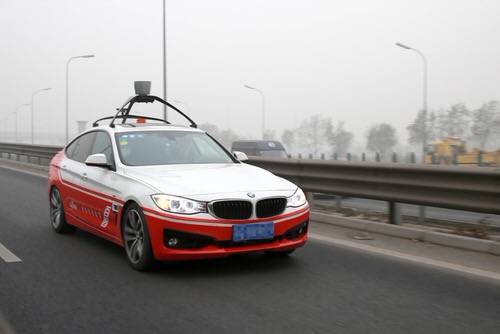Marking a heightening of interest in autonomous vehicle technology, China’s largest search engine Baidu announced plans to mass-produce self-driving cars within five years
Forbes reported in an article that Baidu’s senior vice president Wang Jing announced that his firm is planning to launch autonomous vehicles simultaneously in multiple countries within five years. This indicates a serious escalation for Baidu in the arena of autonomous vehicle technology.
Baidu, which previously invested in Uber, also announced that it is open to partnering further with ride-sharing companies.
Jing noted the allure of the huge market for driverless cars, which is appealing to not only Baidu but also its US search engine rival Google. Google previously said it plans to commercialize self-driving cars by 2020.
In a similar vein as Google, Baidu is primarily focused on developing the software that runs autonomous vehicles, rather than manufacturing the car itself. To this end, Baidu has already inked deals with car makers in China for its first autonomous vehicle.
Baidu looking to its AI team for boost
Baidu’s autonomous vehicle software will be heavily exploiting the company’s expertise in artificial intelligence and data mapping. This will likely mean that much of the sofware development work will be done in its Silicon Valley facilities rather than in Beijing where Baidu is headquartered.
Tipped to lead the development is Baidu’s Andrew Ng, the California-based artificial intelligence expert who ran groundbreaking research projects at Stanford and was one of the big brains behind the Google Brain project.
Ng spoke about autonomous vehicles in March, saying that Baidu was hoping to soon start testing self-driving cars stateside.
This follows news that Baidu is running tests of self-driving car technology on Beijing streets and in China’s Anhui province, and completed a 30km autonomous vehicle test in December.
The search engine has said it looking to introduce the cars in 10 Chinese cities in three years and a self-driving shuttle on roads in China by the close of 2018.


















